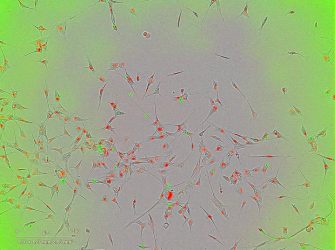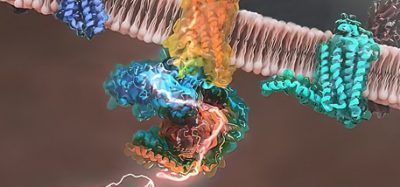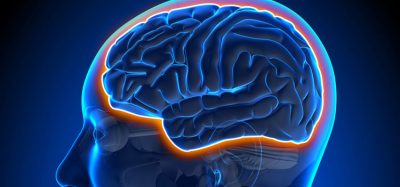CBD could work as effective glioblastoma treatment, study finds
Posted: 28 April 2020 | Victoria Rees (Drug Target Review) | No comments yet
A study has shown that cannabidiol (CBD) slows cancer cell growth and is toxic to human glioblastoma cell lines, presenting a possible treatment.

Findings from a new study examining human and canine brain cancer cells suggest that cannabidiol (CBD) could be an effective therapy for glioblastoma. The research was conducted at Colorado State University, US.
“Further research and treatment options are urgently needed for patients afflicted by brain cancer,” said Chase Gross, a student in the Doctor of Veterinary Medicine/Master of Science programme at Colorado State University. “Our work shows that CBD has the potential to provide an effective, synergistic glioblastoma therapy option and that it should continue to be vigorously studied.”
Gross and colleagues examined human and canine glioblastoma cells and tested the effects of CBD isolate, which contains 100 percent CBD and CBD extract, that includes small amounts of other natural occurring compounds such as cannabigerol (CBG) and tetrahydrocannabinol (THC).
“Our experiments showed that CBD slows cancer cell growth and is toxic to both canine and human glioblastoma cell lines,” said Gross. “Importantly, the differences in anti-cancer activity between CBD isolate and extract appear to be negligible.”

A bright field microscopy image (10x) illustrating the swollen intracellular vesicles observed after 48 hours of treatment with a lethal dose of CBD (10x objective lens). Swollen vesicles were a hallmark of CBD-induced cell death in all the cell lines studied [credit: Chase Gross, Mando Ramirez, Colorado State University].
The new work revealed that the toxic effects of CBD are mediated through the cell’s natural pathway for apoptosis, a form of programmed cell death. The researchers also observed that CBD-induced cell death was characterised by large, swollen intracellular vesicles before the membrane begins to bulge and breakdown. This was observed for all the cell lines studied.
The researchers believe that CBD’s anti-cancer actions target mitochondria by causing the them to dysfunction and release harmful reactive oxygen species. Their experiments showed that cells treated with CBD exhibited significant decreases in mitochondrial activity.
“CBD has been zealously studied in cells for its anticancer properties over the last decade,” said Gross. “Our study helps complete the in vitro puzzle, allowing us to move forward in studying CBD’s effects on glioblastoma in a clinical setting using live animal models. This could lead to new treatments that would help both people and dogs that have this very serious cancer.”
Next, the researchers plan to transition from cell cultures to animal models to test CBD’s effects on glioblastoma.
The study can be found in The FASEB Journal.
Related topics
Cannabinoids, Drug Leads, Drug Targets, Oncology, Research & Development
Related conditions
Cancer, Glioblastoma
Related organisations
Colorado State University
Related people
Chase Gross







